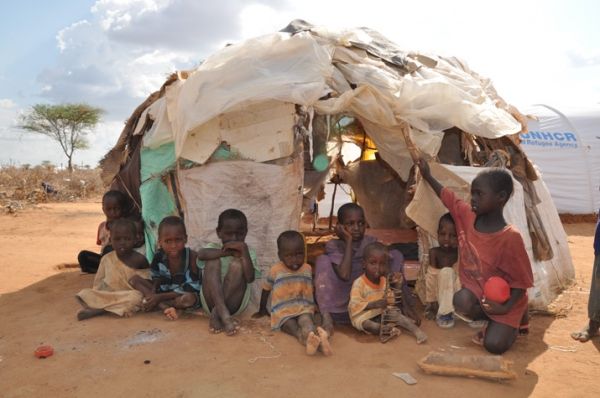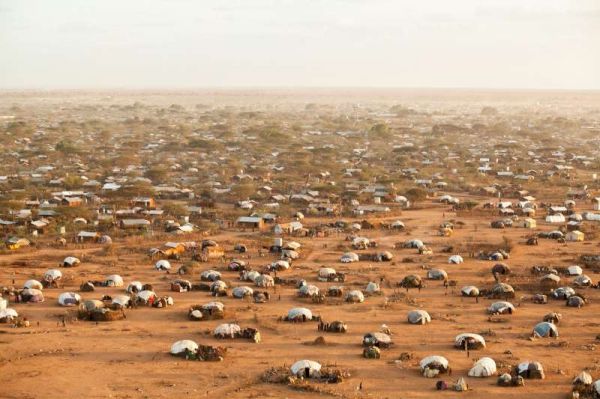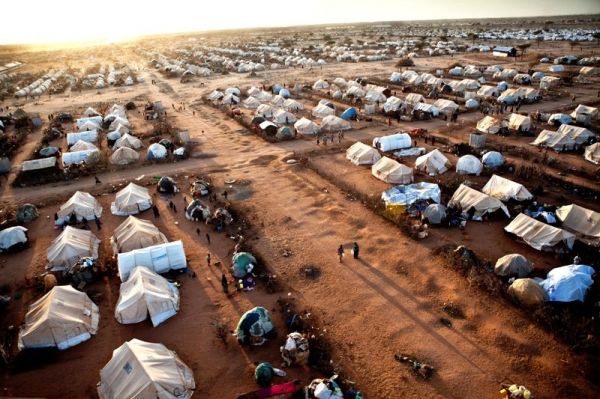Dadaab refugee camp risks closure
Kenya’s plans to close Dadaab refugee camp in north-eastern Kenya would breach international law and would put the lives of 350,000 Somalis at risk, according to human rights group Amnesty International and global medical organisation Médecins Sans Frontières (MSF).
Kenya recently called for the closure of the camp – the world's largest refugee complex – following the attack on Garissa University College on 2 April when Somali Islamist militants al-Shabaab killed 148 people.
Kenya's deputy president William Ruto is pressing ahead with his plans to shut down the sprawling complex and has asked the office of the United Nations High Commissioner for Refugees (UNHCR) to relocate the refugees in three months.
Legally Kenya will face an uphill battle to close the camp as the nation is party to the 1951 UN Refugee Convention, which prohibits forcing refugees back to areas where their life or freedom is threatened.
The Dadaab camp is situated in the Garissa region, about 100 km from the border between Kenya and neighbouring Somalia, and was established by the UNHCR in 1991 when civil war broke out in Somalia.
The refugee agency is calling on Kenya to reconsider the proposal, which it described as “abrupt”, adding that the move would result in “extreme humanitarian and practical consequences”.
However Ruto, with the support of a number of parliamentary members, insists that closing the camp will be a key step in the fight against terrorism. The Kenyan government has long considered Dadaab a recruitment ground for al-Shabaab and in recent years has often called for its closure, particularly in the wake of the 2013 Westgate Mall attack in Nairobi.
The deputy president has been backed by the Catholic bishop of the Garissa region, Paul Darmanin, who agrees in principle with the camp's closure as long as the refugees are guaranteed to continue receiving humanitarian assistance after relocation.
However human rights groups warn that if the plan goes ahead there would be roughly 200,000 desperate Somali men – with nothing to do and nowhere to go – who could potentially be recruited en masse by al-Shabaab.
Kenya faces a growing threat from al-Shabab which says its attacks on Kenyan soil are in retribution for the country's ongoing military intervention in Somalia. Kenyan troops have been deployed in Somalia since 2011 as part of efforts by the UN-backed government to oust the insurgents.
In other measures against potential terrorism attacks by al-Shabaab Kenya has started to build a 680-km long wall, from Mandera to Kiunga, along the frontier with Somalia. The project was first revealed in mid-March, before the Garissa massacre.
In the wake of the Garissa tragedy the Bank of Kenya has closed down a number of money exchanges in the Nairobi Eastleigh area, which is mainly inhabitied by Somalis.






































